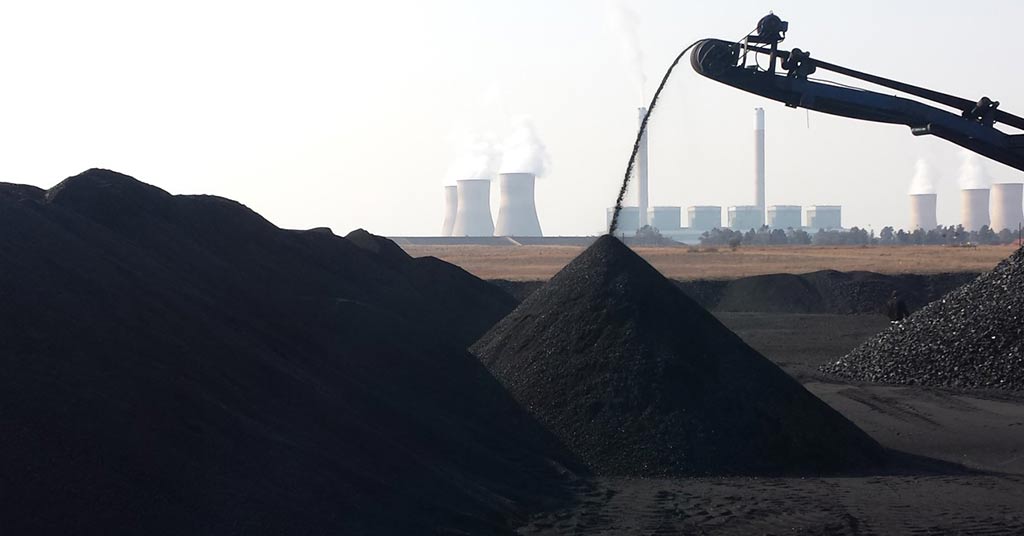Welcome To ChemAnalyst

China has reinstated import tariffs on coal, effective from the beginning of this year, a decision that could pose challenges for Russian exporters heavily reliant on the world's largest market for this energy resource.
The removal of tariffs in May 2022 served as a measure to safeguard against supply risks arising from geopolitical tensions, particularly after Moscow's invasion of Ukraine, which disrupted global energy markets. This strategic move facilitated a surge in coal imports throughout the previous year, with a notable increase in the proportion of Russian coal, as other buyers opted for alternative sources. The focus then was on mitigating potential energy shortages. However, the shift in policy aims to shield China's domestic mining industry from the repercussions of a coal glut, a situation exacerbated by a surge in domestic coal production to unprecedented levels.
Russia has ascended to the position of the second-largest coal exporter to China, and the long-term goal of both nations is to achieve an annual supply of 100 million tons—a target likely to be met in 2023 based on the cumulative figures once December's imports are accounted for. To sustain such substantial volumes, Russian coal prices may need to undergo a downward adjustment.
As Su Huipeng, an analyst with the China Coal Transport and Distribution Association, highlighted, no other countries have the capacity to absorb such large supplies, necessitating exporters to lower prices and absorb the additional tax burden. The monthly coal sales from Russia to China have observed a decline since reaching over 10 million tons in June. This trend indicates a diminishing competitiveness of Russian shipments against counterparts from other regions, a trend that is expected to worsen with the reintroduction of tariffs.
Conversely, competitors such as Australia and leading supplier Indonesia enjoy exemption from these duties due to free trade agreements with Beijing. Meanwhile, Moscow has implemented a tax on its own overseas coal sales to contribute to funding its military activities.
China's reinstated duties for most-favored nations, encompassing Russia, Mongolia, South Africa, and the United States, now stand at 6% for power and heating coal and 3% for coking coal used in steel mills. While China boasts an abundance of thermal coal, it faces a shortage of the steelmaking variety. This imbalance is expected to mitigate the impact of tariffs on the latter category of imports.
For coal originating from countries without preferential status, the tax rate has been set at 20%, underscoring China's strategic approach to balancing domestic production, international trade dynamics, and the need for sustainable energy resources. The implications of these tariff adjustments are likely to reverberate throughout the global coal market, influencing the strategies of major exporters and impacting the broader landscape of energy trade.
We use cookies to deliver the best possible experience on our website. To learn more, visit our Privacy Policy. By continuing to use this site or by closing this box, you consent to our use of cookies. More info.
